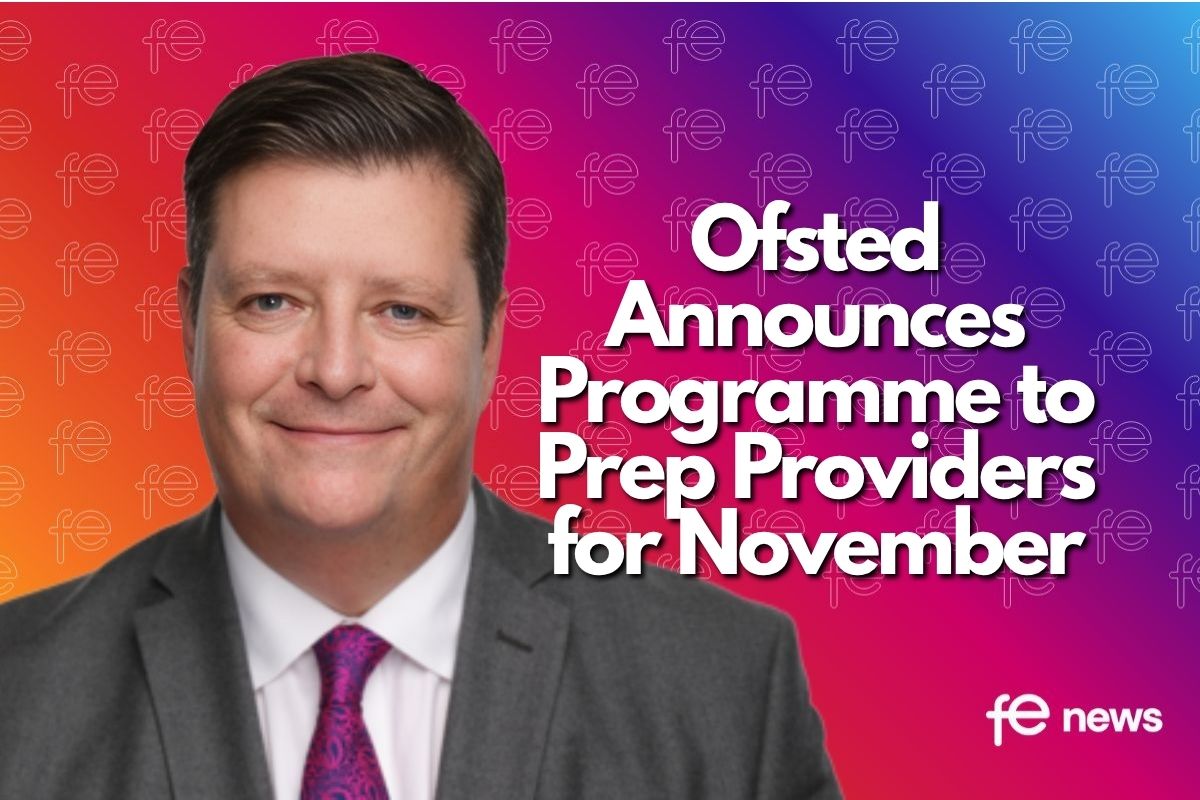Qualification reform: the key challenges facing colleges

As the rapid review of Level 3 qualifications gets underway, AoC’s Cath Sezen and David Holloway look at the challenges it must address for colleges.
As the Association of Colleges, we were pleased to hear the Secretary of State announce a pause of August 2024 defunding and a focused review of the reforms to Level 3 and below vocational technical qualifications earlier in the summer. This came alongside a clear commitment to T Levels, scrapping the Advanced British Standard (ABS) and a planned curriculum and assessment review of all key stages including post-16.
The review of current qualification reform will be rapid
The review of current qualification reform will indeed be rapid, to conclude and report by the end of the calendar year. We see this as meaning that all the evidence will need to be gathered in the next two months at what is already a busy time of year. The Department of Education (DfE) has confirmed it will be looking for input from the expertise of the sector, and right now, we are focused on pinning down the scope and how key stakeholders including colleges, teachers and students can feed in.
The review needs to consider qualifications sector by sector
We are clear that the review needs to consider qualifications sector by sector. We have long argued that the one-size-fits-all framework won’t work as students have different starting and exit points. For example, data from Mides and the Individualised Learning Record (ILR) tells us that in onsite construction most students start at Level 1 or 2 and progress upwards or onto apprenticeships, while creative industries is very different with most students starting at Level 3 before many progress into higher education. Health and social care is different again with mixed entry patterns but a lot of students looking at a university route with some wanting to go straight into work.
Colleges are also concerned about subject gaps, with social care a key one in early reform plans. There is a T Level in health and a small (one A Level size) Alternative Academic Qualification (AAQ) in health and social care, but no standalone social care option. It would also be helpful to have clarity on catering, hair and beauty, public services and travel and tourism. Criminology is a popular subject that currently has no place in the future landscape.
Careful consideration required around T Levels
Alongside this there needs to be careful consideration of T Levels. A review of content and assessment is already underway. The T Level is a large qualification, with a board core – this is a challenge for areas like electrical where students are often vocationally focused. In comparison with A Levels, the T Level assessment burden is significant: core exams, an employer set project and occupational specialism assessments over the two years, taking up many hours. This needs to be looked at urgently as again it is no way near comparable to the six to nine hours of assessment on A Levels and is off-putting for students who are vocationally focused.
T Level industry placements are a great opportunity for young people to experience the world of work but finding sufficient placements for the projected 100,000 students in the late 2020s requires a great deal of thought. Colleges need employers queuing up outside the doors to meet the demand and that isn’t happening. Health would be a good place to start with a joint strategy between the DfE and Department for Health and Social Care (DHSC).
Plans for Level 2 and below
These reforms aren’t just about Level 3. Many colleges tell us that they are as, if not more, concerned about Level 2 and below where plans for a range of qualifications depending on progression plans are in place. Not only is this a challenge for students who often change their minds about intended progression, but for colleges who will struggle to run multiple options at Level 2. Having one option leading to a variety of progression options at Level 3 and above would work better for students and be deliverable for colleges.
At Level 1 and below, the proposed personal, social and employability qualifications raise many questions about suitability. These qualifications are used in colleges for a variety of purposes, not just demonstrating skills to employers. Specialist SEND courses are structured to recognise learning in the skills that young people with SEND need to be able to live more independently as adults, including skills like communicating with health professionals, managing a household, and being active citizens. These skills can play a role in alleviating the wider health and economic inequalities experienced by this cohort. The qualifications framework published for consultation in April will not deliver the content nor the flexibility needed for personalised learning at these levels.
Adult learners and A Levels
Another challenge is the relatively small numbers of adults who study large vocational technical qualifications. T Levels are only funded for adults, and colleges can’t afford to run separate groups for two or three students in each subject. Either adults need to be funded for T Levels, where in full in or in part, or adult qualifications need to be able to be co-taught.
There is also a particular challenge for the 80 or so colleges (more than a third of all colleges) who don’t currently deliver A Levels or mixed programmes which combine A Levels and vocational technical qualifications. Starting to offer A Levels in order to offer mixed programmes as an alternative is a big risk for colleges in the current funding and climate and will often not make sense in terms of local sufficiency. We also know that in many vocational technical sectors recruitment is a huge challenge.
Finally, it needs to be clear how the rapid review feeds into the wider curriculum and assessment review and indeed the anticipated role of Skills England.
There will be a lot to do in a busy first half term. We will need to provide detailed evidence of what works, what could work with some tweaks and what doesn’t work and why.
By Cath Sezen is the Director of Education Policy at the AoC, and David Holloway is a Senior Policy Manager (SEND).












Responses